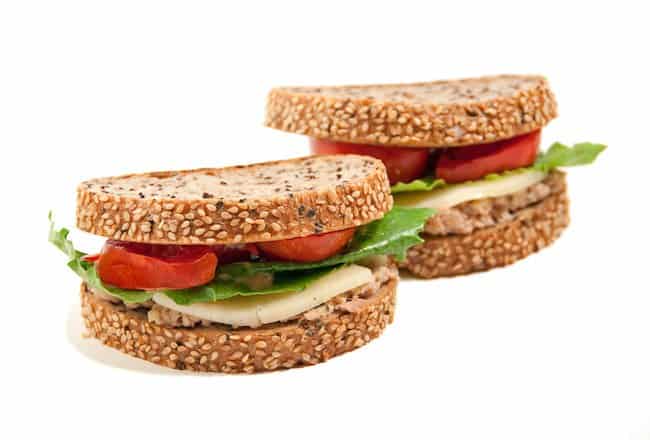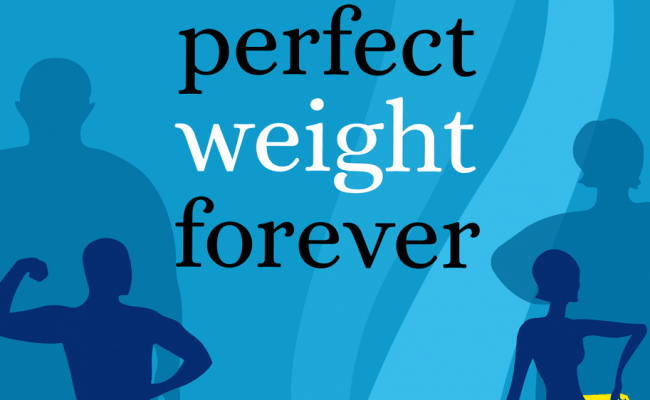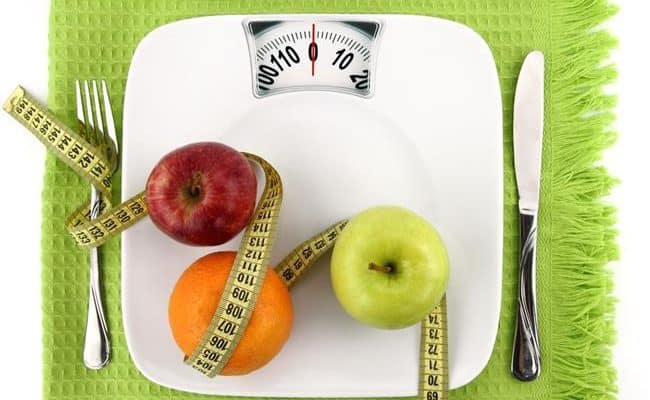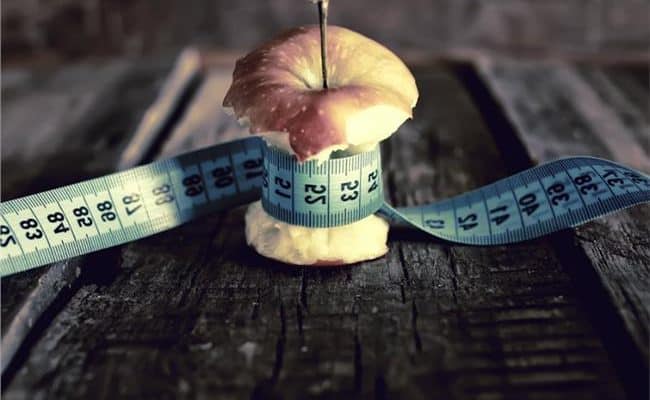
It may seem obvious the way to lose weight is to cut back your calorie intake and increase your calorie burn. However, the more calories you cut from your diet could back fire.
Is it possible to cut your calories too low? It is possible. When trying to lose weight your overall health should never be sacrificed. Cutting calories too low could lower your metabolism, decrease intake of key vitamins and minerals, cause heart irregularities, electrolyte imbalance or make you feel constantly low energy.
The definition of a low calorie diet can vary; it will depend on what your normal calorie intake is starting from. Low calorie diets usually do not go below 1,000 calories per day and are around 1,200 calories. VLCD can be as low as 400-800 calories per day and are usually physician prescribed.
Unsustainable
The first reason low calorie diets don’t work is that they are usually unsustainable. People may drastically cut their calorie intake, down to 1,000 calories per day, but they are usually miserable during this time.
Constantly feeling hungry or irritable usually can only last short term. When someone feels like they can’t sustain the hunger or limited diet from a low calorie diet, they may be more susceptible to drastically increasing their calorie intake (rebound). This usually offsets any weight progress made on a low calorie diet.
When food intake drastically decreases, metabolic rate will also slow over time. This is another reason why cutting calorie intake too low could not work. If someone follows a low calorie diet for 4-6 weeks, most of the weight loss is water and glycogen weight, not a lot of fat loss.
Caution
Cutting calories below 1,000 calories per day is usually not recommended without medical guidance. Following a VLCD (400-800 calories) should be monitored by a physician, because it could cause dangerous health risks. Obese patients that are at least 30% over ideal body weight may be prescribed a VLCD for extreme weight loss under physician guidance.
VLCD may be harmful for electrolyte balance and be too low in protein. Physician monitored VLCD check electrolyte levels and monitor protein intake.
Some popular diets advise people to reduce their calories below 1,000 calories per day. Weight loss will probably happen because calorie intake is so low, but weight loss is often very short term. Be wary of following a diet that advises to drastically cut calories below 1,000 per day without monitoring from a physician.
Active follow up
Whether it’s a VLCD monitored by a physician or your own self prescribed low calorie diet, the effectiveness of the diet can be evaluated by one thing. What is the long term outcome for the diet?
A 2012 review article in Obesity looked at VLCD and weight loss. Researchers found VLCD and low calorie diets were mostly successful for short term weight loss. However, active follow up treatment increases long term success with a low calorie diet.
In other words, as you may hear so often, losing weight is a long term solution not a quick fix. It takes behavior modifications that do not end after 4-6 weeks. This review article implies constant, long term support for weight loss is needed for long term results.
Omega 3’s
Omega 3 fatty acids decrease inflammation, decrease blood clotting and can decrease LDL cholesterol. Omega 3’s may even help someone lose weight on a VLCD, according to a 2006 study in Physiological Research.
Obese research participants followed a VLCD for 3 weeks either with or without omega 3 supplementation. The omega 3 group had significantly lower hip circumferences and BMI compared to the non-omega 3 supplemented group.
More research needs to be done to determine if people following a low calorie diet that is not as drastic as VLCD would have the same outcome, but it is likely to have the same outcome.
Exercise
Another reason low calorie diets may seem not to work is because it is difficult to exercise on low calorie diets. Often people complain of feeling tired all the time or weak on low calorie diets making it hard to exercise.
Exercise is vital for weight loss, maintenance and building lean body mass. If you’re not able to exercise on a low calorie diet, it can hamper weight loss and lower muscle mass.
Conclusion
Low calorie diets may work for weight loss, but the results are usually not sustainable or long term. Also when cutting calories drastically, it can be hard to get adequate amounts of key vitamins, minerals, fiber and protein. Getting exercise is also hard to sustain on low calorie diets, and exercise plays a key role is supporting muscle mass and weight maintenance.
Cutting calories below 1,000 per day is usually not recommended. Anyone following a VLCD of 400-800 calories per day should be monitored by a medical professional and should not be done unsupervised.
References used in this article










